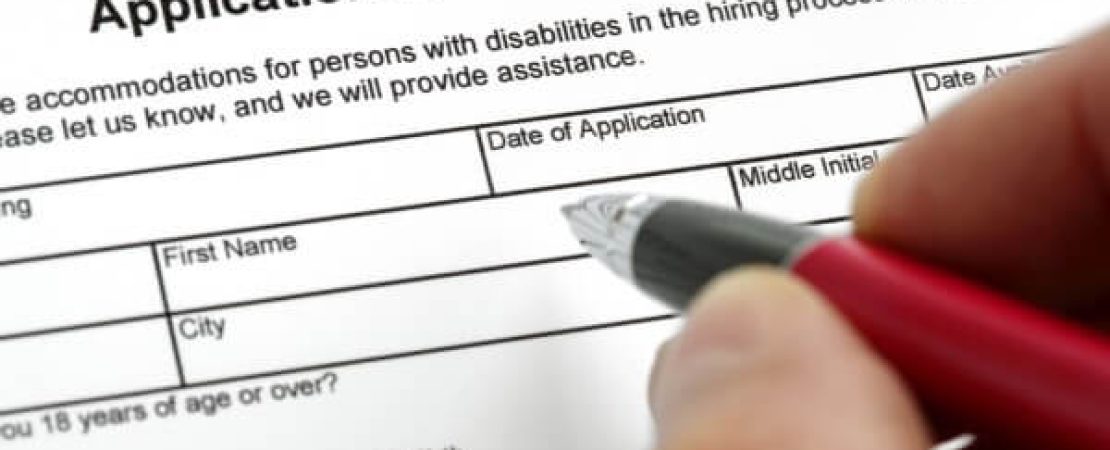When you find a new job after a work injury, your workers’ compensation benefits could end. But many people do not know when or why the benefits stop coming. Learn more about when Minnesota law requires benefits payments and when the requirements end.
When Must Employees Receive Workers’ Comp Benefits?
Workers’ compensation insurance companies must pay qualifying injured workers their benefits for wage losses, medical expenses, and any needed vocational rehabilitation. Wage losses generally happen when a worker makes less or works fewer hours due to a workplace injury. Often, workers receive wage loss benefits while on leave and healing from injuries. They may continue receiving the benefits when they return to work if their hourly rate is lower, or if they have to work less overtime.
When Can Workers’ Comp Benefits End?
Benefits may end for several different reasons, including that the injured worker started a new job. At the new job, the worker may earn a higher wage that matches or exceeds what he or she earned before the injury. At that point, the wage loss benefits should stop. Further, the worker’s vocational rehabilitation benefits would likely end too. If the worker still had medical needs stemming from the work injury, then payment of medical expenses should continue.
Workers’ comp benefits also may end due to healing of the injury (“maximum medical improvement”) – even if the worker is still job searching. Vocational rehab benefits might still continue, though. Finally, some kinds of wage loss benefits have time limits on how long they must be paid. After the insurer pays for a certain number of weeks, the payments will stop.
What If Your Benefits End Before They Should?
If you stop getting checks in the mail but think that the insurer stills owes you, contact a workers’ compensation lawyer in your area. The insurance company may have made a mistake by miscalculating your benefits. Or it may have received incorrect information from your employer. In either case, you may receive back payments and even penalties for benefits you were owed but not paid.
To maximize your chances of challenging the termination of benefits, keep careful records of which money you receive and when. For example, you could save the check stubs or cancelled checks from the insurance company, along with all medical bills.
Need help getting workers’ compensation for your injury? Joe Osterbauer, Esq. and the Osterbauer Law Firm stand up for injured Minnesota workers’ rights. Joe’s 27 years of workers’ compensation experience and his team’s speedy service combine to get clients the results they need. To schedule a free consultation, visit Osterbauer Law Firm online or call Joe’s office at (612) 334-3434.

